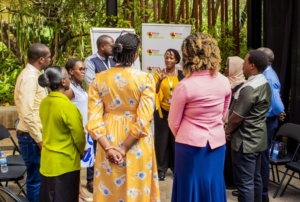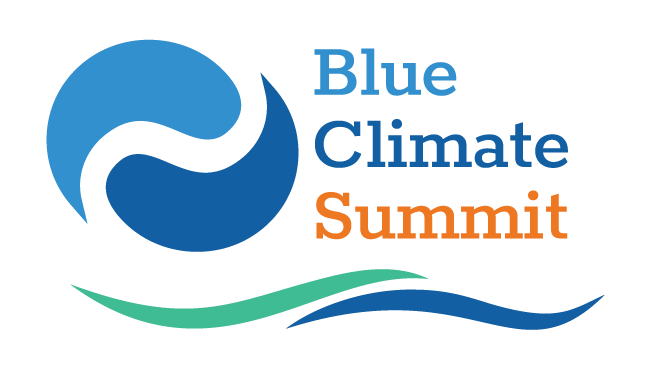The Great Race to Make the Deep Sea Matter
The Great Race to Make the Deep Sea Matter
Ian Randall
Latest posts
Share:
A passionate coalition of scientists, indigenous leaders, Hollywood stars, and other Ocean champions are trying to persuade enough governments to vote against the granting of mining concessions. Their work is an inspirational example of how to “Make it Matter” when addressing complex issues.






